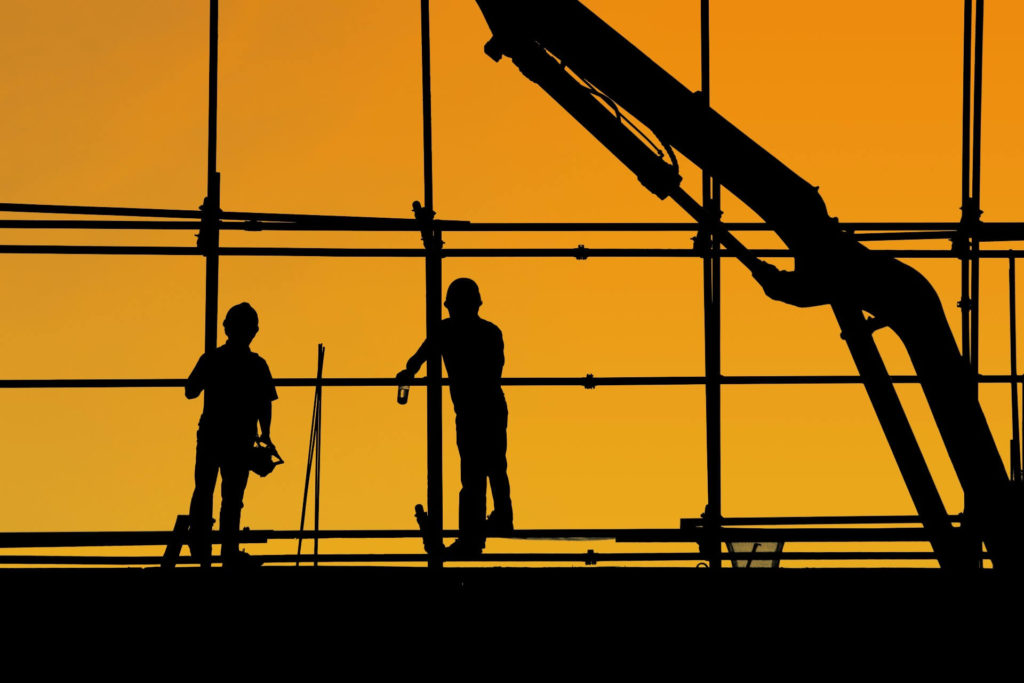 Construction is dangerous – especially in New York City. Almost every day, workers suffer catastrophic injuries through no fault of their own. Following a spinal cord injury or blow to the head, you may need extensive medical care to move on with your life, which will cost a pretty penny. During this time, you may lose out on work or have to change careers, and suffer a huge drop in income.
Construction is dangerous – especially in New York City. Almost every day, workers suffer catastrophic injuries through no fault of their own. Following a spinal cord injury or blow to the head, you may need extensive medical care to move on with your life, which will cost a pretty penny. During this time, you may lose out on work or have to change careers, and suffer a huge drop in income.
Most workers are aware that they can file workers’ compensation claims after an on-the-job accident, but there are other sources of compensation you should consider.
The Limits of Workers’ Compensation
If you suffer an on-the-job injury in New York and you have a workers’ compensation policy with your employer, then you can file a claim to recover compensation for:
- All medical bills and treatment for your injuries.
- Two-thirds of your average weekly wage.
- Travel expenses for traveling to and from doctor’s appointments.
Workers’ compensation does come with one major stipulation: you are barred from filing a personal injury claim or lawsuit against your employer. This means that even if your employer is directly responsibility for the accident, you cannot hold them liable in court. For many workers, this means relying solely on workers’ comp, but there are some alternatives and exceptions.
While workers’ comp can provide enough money for a minor broken bone or soft-tissue injury, it may not help as much if you suffered a serious disability, such as paralysis or brain damage. For more serious injuries, the insurance providers will likely fight your claim to avoid paying full compensation.
Other Options for Construction Workers
While workers’ compensation does not allow you to file a personal injury claim or lawsuit against your employer, there are others you can find liable for a construction accident. Workers’ comp protections apply exclusively to your employer — other parties like subcontractors, property owners, delivery drivers, and product manufacturers are not free from liability.
For example, if a contractor failed to warn you about an excavation and you were caught in the blast zone, then you might be able to file a claim against them for compensation. If you were using a defective power tool and received an electrical injury, you may be able to recover compensation with a product liability claim against the seller or manufacturer.
Third-party claims often offer more in damages than workers’ compensation, as they do not have the two-thirds limit on lost wages and offer more in non-economic damages.
Understanding Labor Law 200
Labor Law 200 governs construction sites throughout New York City and outlines employers’ “General duty to protect health and safety of employees; enforcement.” Broadly speaking, employers, property owners, and general contractors are required to make sure workplaces are safe for construction workers. These rules cover safety equipment, excavation procedures, and liability when accidents do occur.
One important element of Labor Law 200 is Labor Law 240: the Scaffolding Law. Under this law, employers are required to secure and maintain scaffolding on job sites to prevent falls from heights. Given that falls account for the majority of construction accidents, this law ensures that general contractors and property owners can be found liable if they do not take reasonable steps to prevent a scaffold-related injury.
If you do not have workers’ compensation through your employer, then Labor Law 200 and 240 can protect your right to hold your employer accountable for a construction accident. Employers are required under these laws to maintain safe jobsites, so when they fail to do so, it can make them liable for your injuries in a personal injury or premises liability claim.
Your best option after a construction accident is to speak to an experienced legal team. At Wingate, Russotti, Shapiro, Moses & Halperin, LLP, our New York construction accident lawyers have more than 50 years of combined experience fighting for construction workers throughout NYC. We can thoroughly investigate the cause of your accident. If your injuries are only covered under workers’ compensation, we will fight to get you the maximum award, but we can also review other options such as third-party product liability or personal injury claims. To discuss your case in a free consultation, call us at (212) 986-7353.